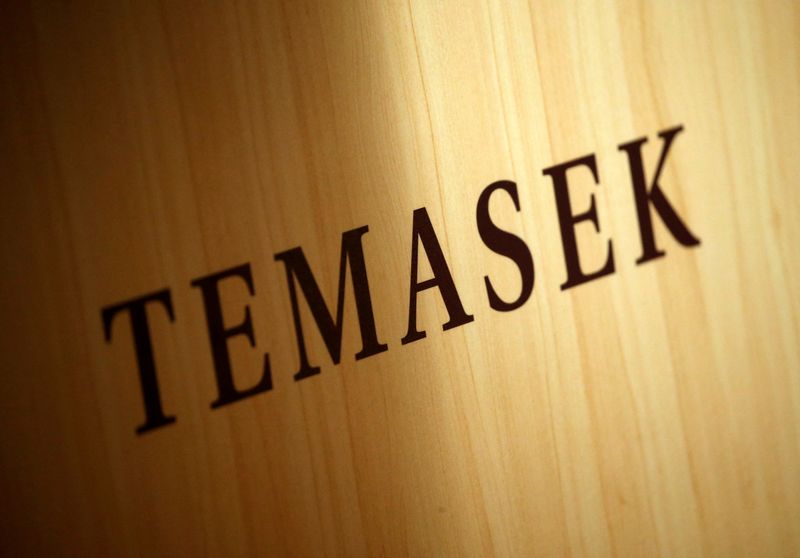NEW YORK (Reuters) – Singapore’s state investment company Temasek plans to invest up to $30 billion in the United States over the next five years in sectors including healthcare, financial services and technology.
“The U.S. capital markets are incredibly deep and broad,” Jane Atherton, head of North America at Temasek, told Reuters. “The U.S. is at the forefront on everything from an AI perspective.”
The U.S. economy grew better than expected in the second quarter and continues to outpace the rest of the world. Despite recent turmoil, the S&P 500 is up 14.5% this year, fueled in part by hopes for artificial intelligence.
In contrast, China reported weaker-than-expected growth earlier this month and surprised markets last week by sharply slashing short- and long-term interest rates in an effort to stimulate the economy.
About 22% of Temasek’s investments, or $63 billion, are in the Americas, and 19% in China, which invested more in the Americas last year than in China for the first time in a decade.
Atherton said Temasek is particularly interested in data centers, semiconductors, battery storage and other areas related to artificial intelligence in the United States.
Temasek said earlier this month that gains from investments in the United States and India were helping to mitigate weak performance in China and that it was taking a cautious stance toward China amid ongoing trade tensions.
“Geopolitics always plays a role,” Atherton said, noting that over the past three years China has underperformed the rest of the world, particularly the United States.
Temasek manages a $288 billion portfolio focused on long-term investments with themes such as digitalization and sustainability.
Atherton said the future course of U.S. stocks will depend heavily on gains, particularly in the big tech sector.
“Price multiples are up a bit, but that’s due to higher growth rates, so in theory they’ll be able to recoup that cost,” she said.
Temasek is seeking investments in both public and private markets as more private equity firms seek to exit investments.
(Reporting by Carolina Mandl, Saeed Azar and Louis Krauskopf in New York; Editing by Ila Iosebashvili and Leslie Adler)


